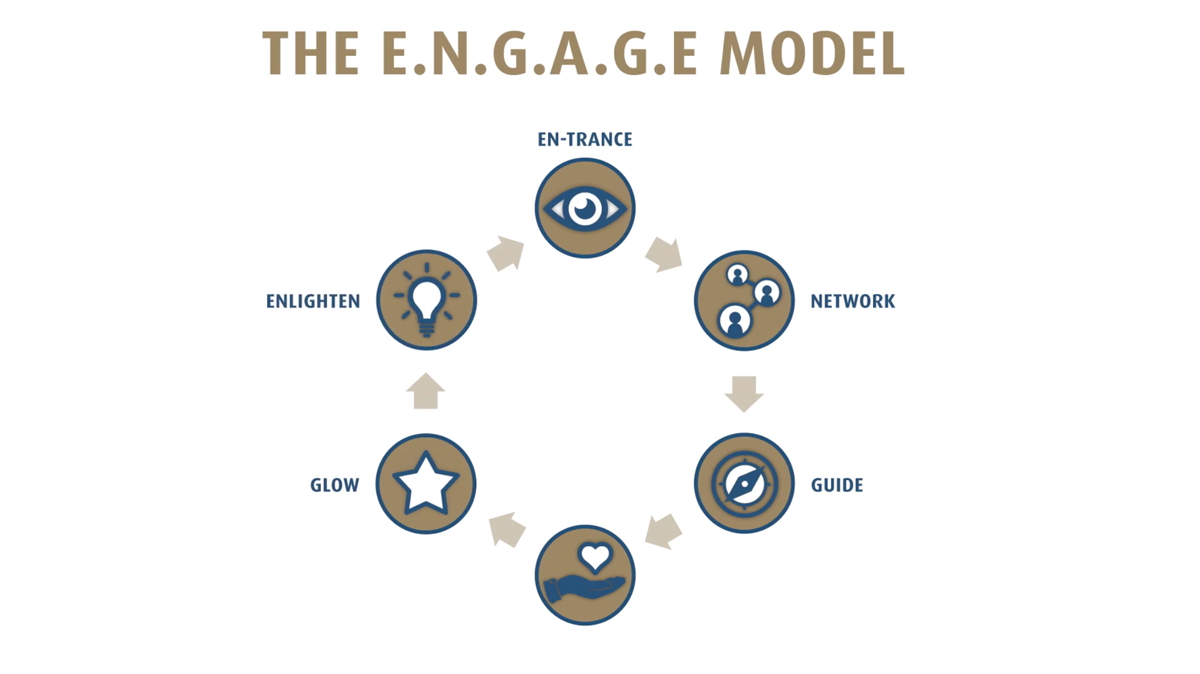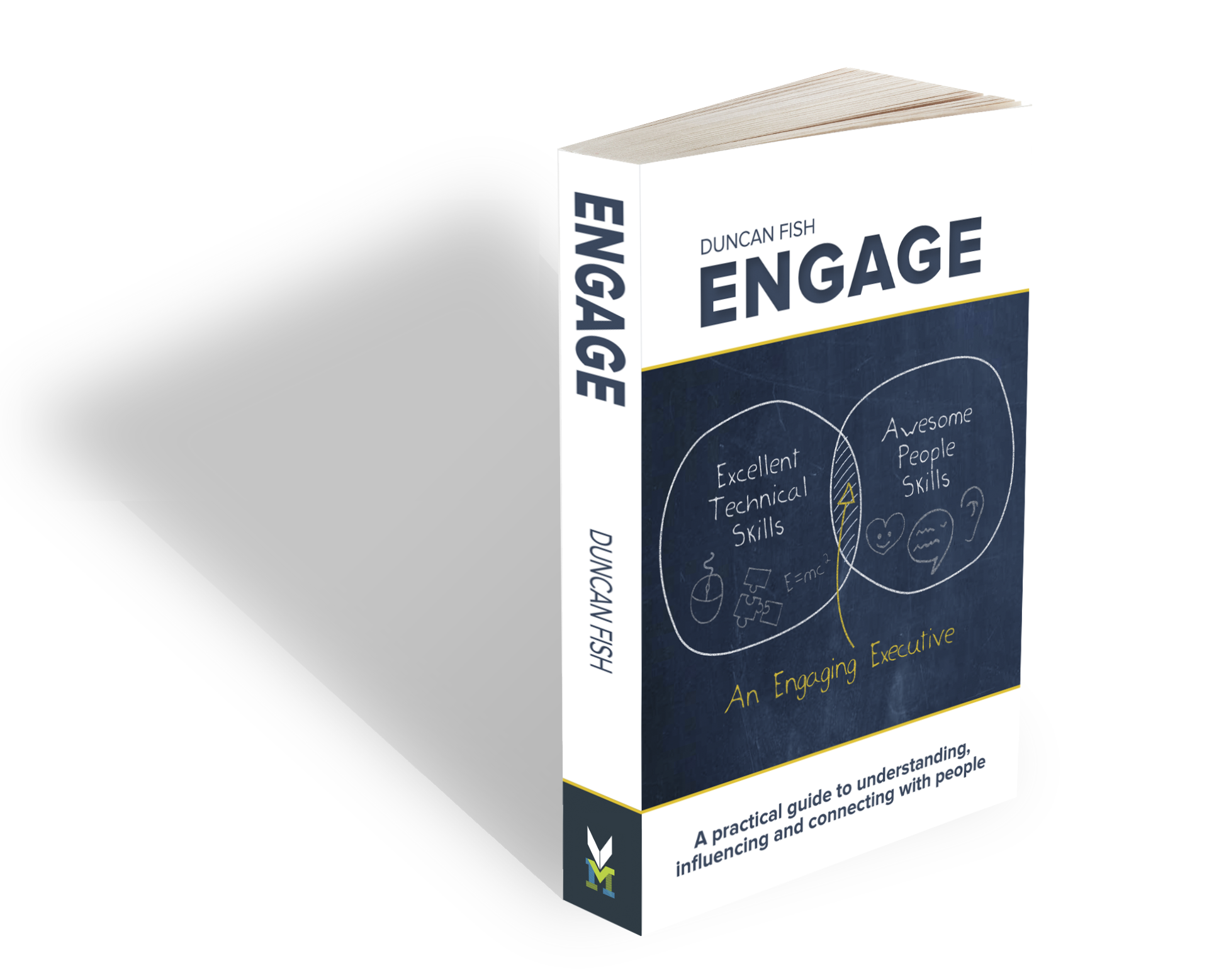Coaching for Long-Term Success
Posted By Duncan Fish on July 20, 2020

One of the concepts the Engaging Executive Programme covers is non-directive coaching — a coaching method that helps the coachee come to their own realisations. The coachee learns something valuable through coach-driven questions and structure, often something the coachee can use for their long-term success.
Non-directive coaching uses the GROW model. The GROW model requires the coachee to clearly define their goal, the coach to challenge the coachee’s view of reality, both of them to move toward a solution and then both of them to agree on next steps.
One previous Engaging Executive Programme participant, Daniel, successfully used the GROW model and non-directive coaching to take some of the younger, talented members of his law firm to the next level of their careers — highly benefiting the law firm as a whole in turn. He worked with them for several months, performance improved across the entire team and Daniel established himself as a wise, insightful colleague in the process.
Have you used non-directive coaching in your workplace? How do you coach your colleagues?
If you would like to read more on this topic, read here.



